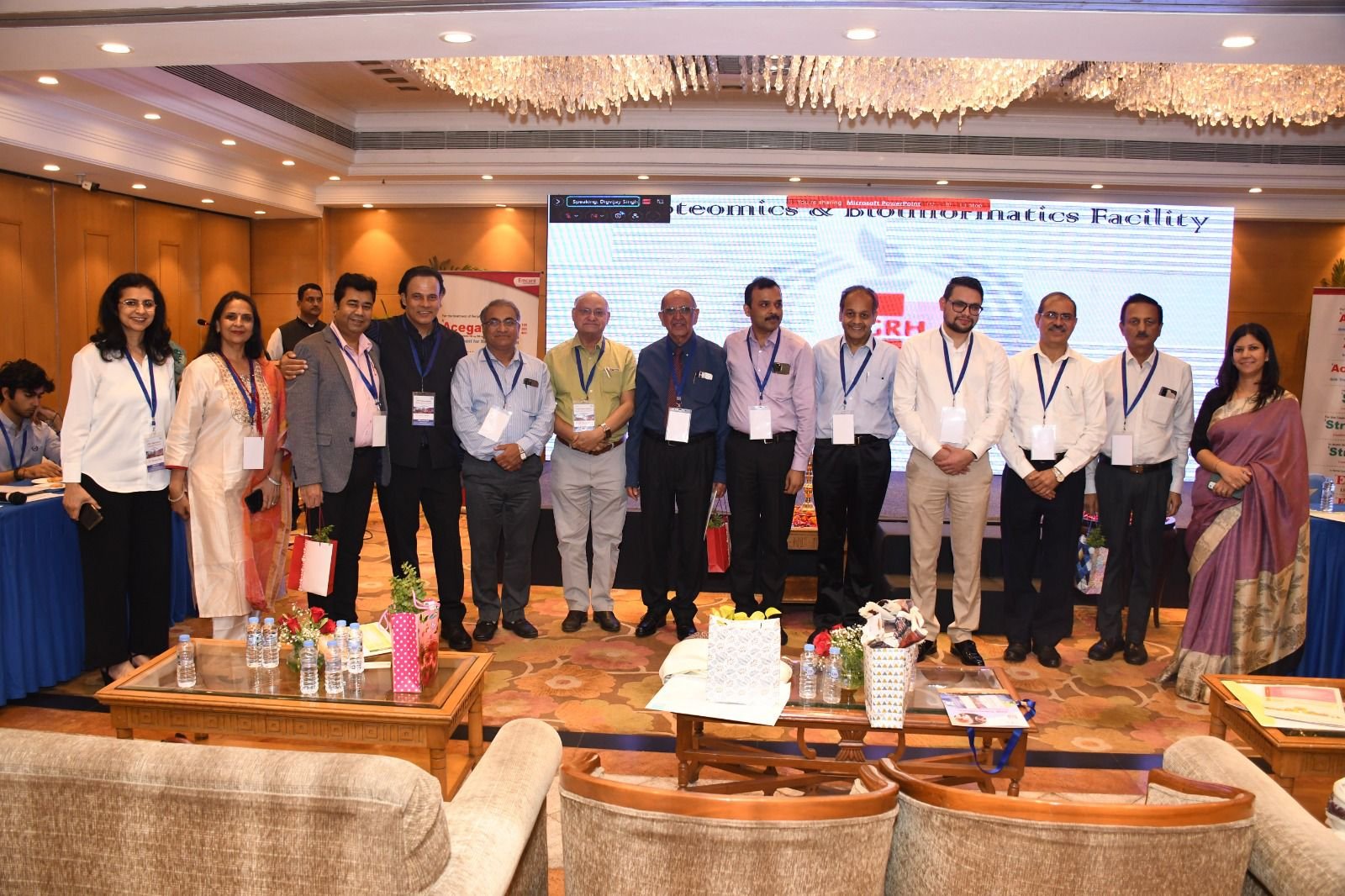A conference addressing the challenges and solutions related to Central Nervous System (CNS) Tuberculosis was held in New Delhi, following the Prime Minister’s initiative “TB Mukt Bharat Abhiyaan” for tuberculosis eradication. India, among the countries with a high burden of tuberculosis (TB), convened the event to bring together experts from diverse fields including neurosurgery, neurology, respiratory medicine, critical care, and radiology. The conference aimed to identify challenges associated with CNS Tuberculosis and propose effective solutions, attracting prominent doctors and dignitaries from the medical field across India.
Tuberculosis remains a major health problem in India, causing approximately 220,000 deaths each year. In a bid to combat this issue, the Indian government launched the National TB Elimination Program with a target to eliminate tuberculosis from the country by 2025. Central nervous system (CNS) involvement is observed in 5 to 10% of extrapulmonary TB cases and accounts for around 1% of all TB cases. The management of CNS TB is particularly challenging as it differs significantly from TB in other parts of the body, resulting in higher mortality and morbidity rates. Late diagnosis due to atypical signs and symptoms, and the lack of typical radiological features further compound the problem.
During the conference, experts unveiled a clinical scoring system designed to facilitate early diagnosis of CNS TB. The user-friendly system enables doctors to quickly identify patients likely to have TB through a predictive value assessment, allowing for appropriate investigation and treatment. Additionally, experts discussed a new indigenous surgery technique developed in India, which has demonstrated promising results in improving patient outcomes.
A significant announcement made during the event was the setting up Grant for Brain Shunt Management. The Grant was awarded to the team of Sir Ganga Ram Hospital which presented an innovative method of measuring brain oxygenation, which helps predict the outcome of brain shunt management.
The conference comprised six-speaker presentations on various aspects of CNS Tuberculosis, followed by a panel discussion centering on the typical problems encountered in brain TB shunt management. Notable speakers included Dr. Jyoti Jaju (Project Director, IDEFET TB Project), Dr. Dhruva Chaudhry (PGIMS Rohtak), Dr. Gunjan Soni (SP Medical College, Bikaner), Dr. Rajesh Acharya (Sir Ganga Ram Hospital-SGRH), Dr. Prakash Shastri (SGRH), Dr. Rajeev Ranjan (SGRH), Dr. Arunav Sharma (SGRH), Dr. Nishchint Jain (Apollo Hospital), Dr. Rajeev Anand (BLK Max Hospital), Dr. Rabi Narayan Sahu (AIIMS Bhuvneshwar), and Dr. Sonal Gupta (Fortis), among others.
Dr. Samir Kalra, Senior Consultant and professor of Neurosurgery at Sir Ganga Ram Hospital, shared insights into Brain Shunt Management, highlighting the prevalence of hydrocephalus and its treatment through shunt tubes. Dr. Kalra emphasized the success of their technique, which utilizes laparoscopic aid and significantly reduces complication rates.
The conference on ‘CNS Tuberculosis: Challenges and Solutions’ has successfully brought together experts from various fields to address the critical issue of CNS Tuberculosis and explore innovative solutions. It is hoped that the discussions and recommendations from this conference will contribute to better management and ultimately the eradication of CNS Tuberculosis in India.







